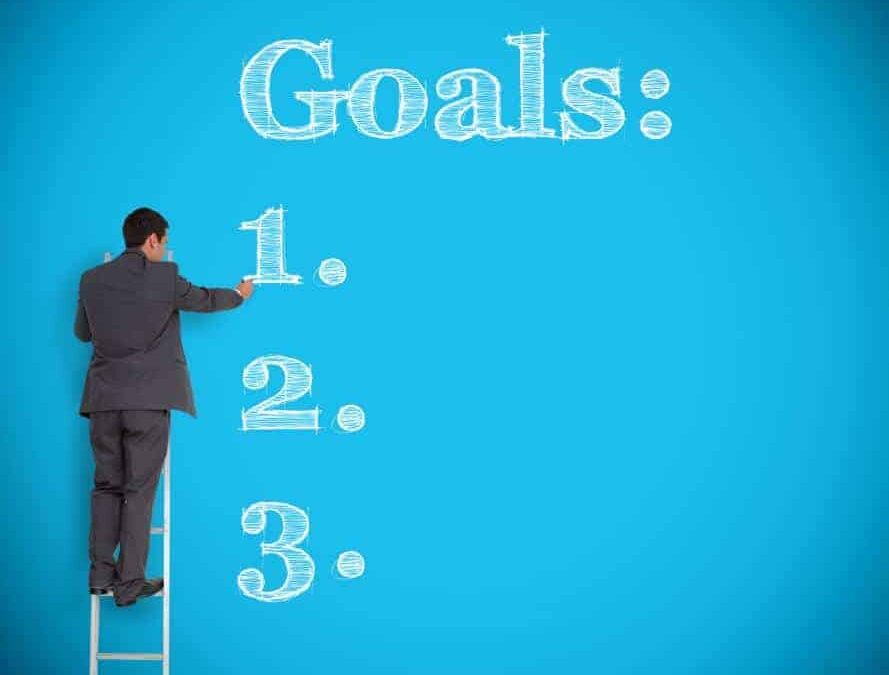Everyone loves to ring in the New Year, and the world is often filled with talk of resolutions to stay fit, change bad behaviors, and otherwise improve themselves. In recovery, however, the focus is almost always on bettering yourself. Resolutions may seem like a waste of time when you’re doing so much work on your mind, body, and spirit. But what about setting goals?
Goals are an essential part of finding a life full of purpose and direction. Goal setting is a healthy way to work toward change. But resolutions aren’t goals. They are usually vague statements that aren’t so easy to accomplish on their own.
This year, try something different. As a person in recovery, you know there are some things you want to work on in life. Using SMART goals can help you reach them, and they’re better than some wimpy resolutions that you’ll probably break.
Try SMART Goals
What is a smart goal, exactly? SMART goals are a method of goal-making that are used by professionals and therapist that are easier and more specific than resolutions.
Here is how to make your goals SMART:
- S stands for Specific: Be specific about what you want to accomplish. Do you want to pay off a credit card? Get your GED? Get a new job that pays your cost of living? Rather than say “get fit” you should set a specific goal, such as working out twice a week, every week. The specifics are something that you can hold yourself to as a commitment.
- M stands for measurable: How will you measure your goal? If paying off your credit card is the goal, then you’ll measure your success when it has a zero dollar balance. If you want to get your GED, that means graduating from a class then taking the test.
- A stands for actionable: What action will you need to take? A second job to pay off your credit card? Signing up for a GED prep class? Think about what steps need to be taken to get where you’re going.
- R is for relevant: Is your goal applicable to your life plans? Will it make your recovery going to be more rewarding as a result of these goals? Are the actions you plan to take relevant?
- T is for timely: Is there a specific schedule you need to stick with while you’re working on this goal? Set a specific deadline for your goal – but make it reasonable.
Setting goals in recovery can be challenging if you haven’t ever been good at setting them in the past. SMART goals are used by people all over the world to make their lives easier and meet their goals. You can do almost anything you set your mind to, so don’t get discouraged if you feel like you aren’t meeting them at the right pace.
You can always change your goals if something comes up. That’s the great thing about goal-setting, which means you can change the timetable if you need to. Life is ever-moving and ever-changing, and adapting your goals is a healthy part of the process. So go slow, enjoy your clean time, and ask for help when you need it.
Getting Help
Are you or somebody you love struggling with a substance use disorder? Hope and help are available. Learn more about your options by calling us at 877-450-1880.

Recent Comments